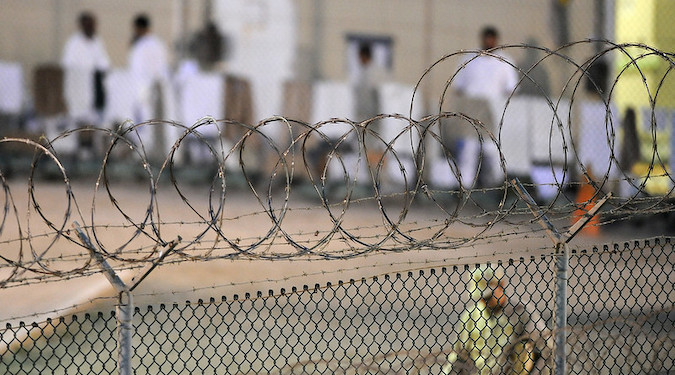Aaron Shepard endeavors to examine the roots of the failures of the Guantanamo military commissions and suggest potential solutions to remedy them. His paper begins with an introduction to the concept of military commissions, including a brief overview of their historic utilization and import. It then provides a detailed background on Guantanamo Bay, covers the… Continue reading Commissions Impossible: How Can Future Military Commissions Avoid the Failures of Guantanamo?
Tag: Military Commissions
Symposium on Military Justice | October 2021
Hosted by National Institute of Military Justice (in honor of NIMJ’s 30th anniversary) The following pieces are from the “30 Years of Military Justice” symposium held on Oct. 28, 2021, with keynote speaker Senator Kirsten Gillibrand (D-NY), and in partnership with Georgetown University Law Center’s Center on National Security and the Law, the Journal of… Continue reading Symposium on Military Justice | October 2021
Sentencing Considerations & Their Implications on Foreign Policy
At JNSLP’s Feb. 11, 2015 symposium on “Trials and Terrorism: The Implications of Trying National Security Cases in Article III Courts,” an expert panel was convened to discuss trends in sentencing considerations in Article III terrorism prosecutions, and what the implications for these cases portend for american foreign policy. The panel consisted of a judge, a… Continue reading Sentencing Considerations & Their Implications on Foreign Policy


